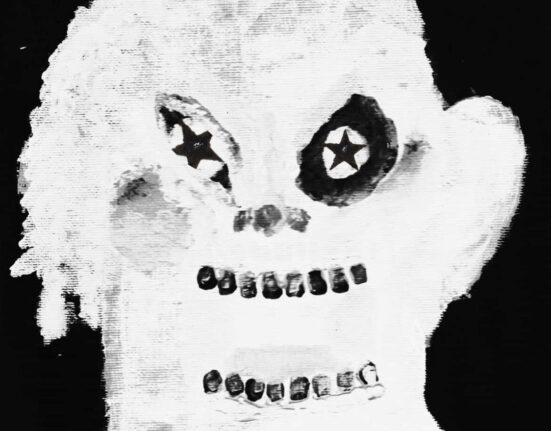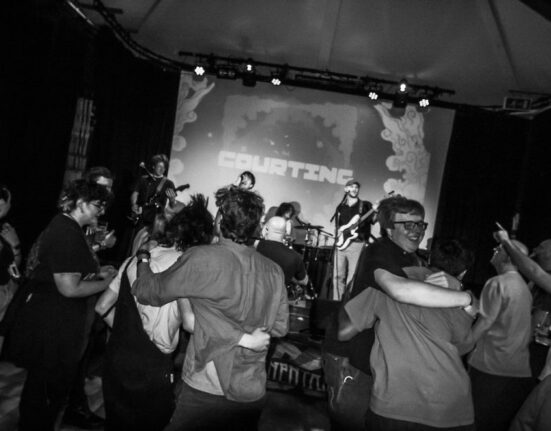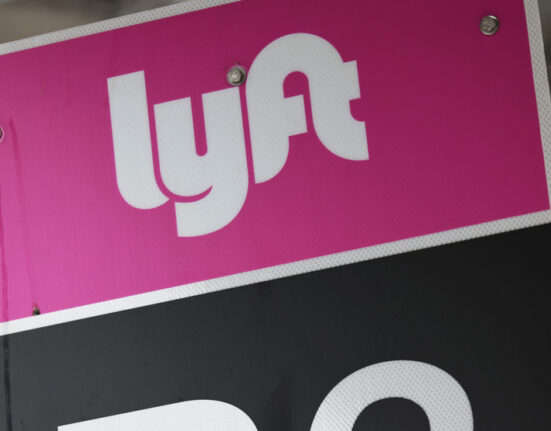-
Benjamin Leong pivoted from full-time traditional Chinese medicine to AI engineering in his 20s.
-
The move boosted his base salary by about 30% at a medtech startup.
-
The 31-year-old tells BI how he adapted to his new role — and why breaking into AI isn’t difficult.
This as-told-to essay is based on a conversation with Benjamin Leong, a 31-year-old former full-time traditional Chinese medicine physician in Singapore who is an AI engineer at a medtech startup. It has been edited for length and clarity. Business Insider has verified his employment and salary.
I was always interested in the medical field. Unfortunately, I didn’t get into medical school, so I thought traditional Chinese medicine was the best alternative. It offered me a chance to practice as a clinician, but in a different role and setting.
During my studies, we had a biostatistics computational module. That’s where I realized that programming and computational work can be quite interesting.
But I didn’t fully pursue that interest until a few years later. Months away from my licensing exam in 2020, I took a 16-hour intensive Python programming course, and that really got me interested in programming.
When you successfully build something, there’s a sense of enjoyment and satisfaction, and I think I caught on to that, which spurred me on.
In 2022, I went to pursue a part-time degree in computer science while practicing medicine. I got linked up with a medtech AI company, and I thought that was a nice integration of my skills. I was interested in both domains, and that was how I landed my role as an AI engineer in 2024.
The work of a physician and an engineer is very different. One is seeing patients, more people-facing, more treatment-oriented. Being an engineer is a lot more computer-facing, more project planning and management, and hitting long-term goals, especially in a startup.
In coding, you need to deal with things like version control, DevOps, and project management — things I had to pick up along the way.
I also had to learn how to work with a technical team, so I had to understand the workflows, how to deliver, what the app needed, and features to be pushed out.
One of the bigger challenges was project management. As an AI engineer, you have certain long-term goals. You have to push out a certain feature by maybe a few months, and so you’ve got to plan out how you want to get there and how you want to manage the people you’re working with.
That kind of long-term planning was not really needed in my clinical work.
-
Benjamin Leong pivoted from full-time traditional Chinese medicine to AI engineering in his 20s.
-
The move boosted his base salary by about 30% at a medtech startup.
-
The 31-year-old tells BI how he adapted to his new role — and why breaking into AI isn’t difficult.
This as-told-to essay is based on a conversation with Benjamin Leong, a 31-year-old former full-time traditional Chinese medicine physician in Singapore who is an AI engineer at a medtech startup. It has been edited for length and clarity. Business Insider has verified his employment and salary.
I was always interested in the medical field. Unfortunately, I didn’t get into medical school, so I thought traditional Chinese medicine was the best alternative. It offered me a chance to practice as a clinician, but in a different role and setting.
During my studies, we had a biostatistics computational module. That’s where I realized that programming and computational work can be quite interesting.
But I didn’t fully pursue that interest until a few years later. Months away from my licensing exam in 2020, I took a 16-hour intensive Python programming course, and that really got me interested in programming.
When you successfully build something, there’s a sense of enjoyment and satisfaction, and I think I caught on to that, which spurred me on.
In 2022, I went to pursue a part-time degree in computer science while practicing medicine. I got linked up with a medtech AI company, and I thought that was a nice integration of my skills. I was interested in both domains, and that was how I landed my role as an AI engineer in 2024.
The work of a physician and an engineer is very different. One is seeing patients, more people-facing, more treatment-oriented. Being an engineer is a lot more computer-facing, more project planning and management, and hitting long-term goals, especially in a startup.
In coding, you need to deal with things like version control, DevOps, and project management — things I had to pick up along the way.
I also had to learn how to work with a technical team, so I had to understand the workflows, how to deliver, what the app needed, and features to be pushed out.
One of the bigger challenges was project management. As an AI engineer, you have certain long-term goals. You have to push out a certain feature by maybe a few months, and so you’ve got to plan out how you want to get there and how you want to manage the people you’re working with.
That kind of long-term planning was not really needed in my clinical work.












Leave feedback about this